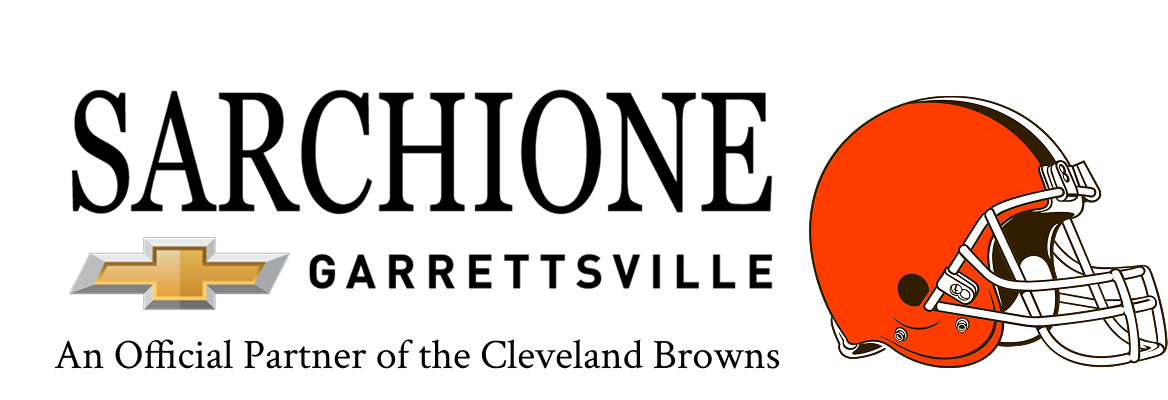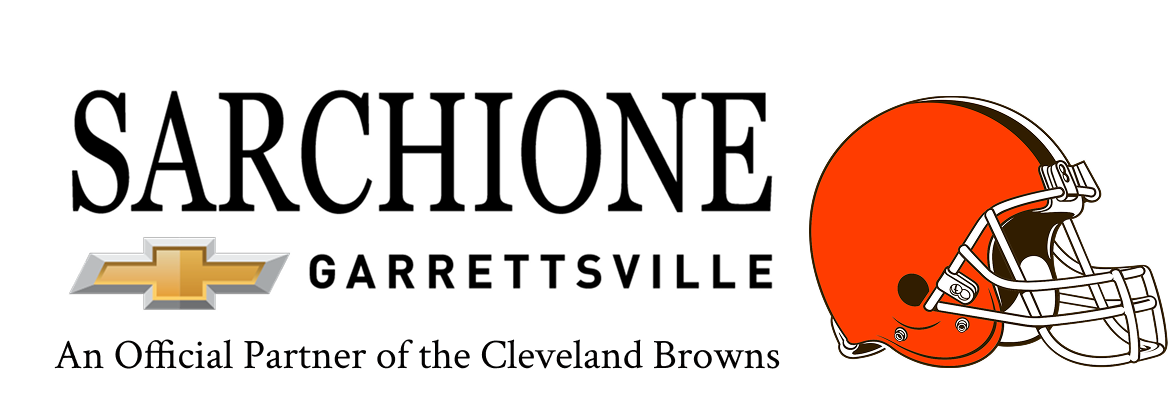A clogged Chevy transmission filter is a serious issue that can cause significant problems with your vehicle’s transmission system. The transmission filter plays a vital role in keeping your transmission fluid clean and free from contaminants.
When it becomes clogged, the flow of transmission fluid is restricted. This can lead to poor performance and potential damage to the transmission. Understanding the symptoms of a clogged Chevy transmission filter and knowing how to handle it can help you avoid costly repairs and extend the life of your vehicle.
How the Transmission Filter Works
The transmission filter in your Chevy vehicle is designed to trap dirt, metal shavings, and other debris that can accumulate in the transmission fluid. This fluid is essential for lubricating the transmission’s internal components, allowing them to move smoothly.
Over time, the filter can become clogged with debris, reducing the efficiency of the fluid and preventing it from circulating properly. When the filter is blocked, it can cause the transmission to work harder. This might lead to overheating and eventual failure if not addressed.
Common Symptoms of a Clogged Transmission Filter
There are several signs to watch for if you suspect that your Chevy’s transmission filter is clogged. The first symptom often experienced is a noticeable decrease in performance.
The transmission may struggle to shift gears, causing jerky or rough shifts. You may also experience delays in the transmission’s response when shifting, particularly when shifting from park to drive or reverse.
Another common symptom is a slipping transmission. If the filter is clogged and the fluid is not flowing properly, the transmission may slip out of gear unexpectedly. This can result in a loss of power or difficulty accelerating, making it harder to maintain a consistent speed. If left unresolved, slipping gears can cause serious damage to the transmission.
In some cases, a clogged transmission filter can also cause the transmission to overheat. When the fluid is not able to circulate effectively, the transmission can become excessively hot, potentially leading to warning lights on the dashboard. If the transmission temperature continues to rise, it can cause further damage to the internal components, leading to a more expensive repair.
What Causes a Transmission Filter to Clog?
There are several factors that can lead to a clogged Chevy transmission filter. One of the most common causes is the natural buildup of debris and contaminants in the transmission fluid. Over time, dirt and metal particles can accumulate, causing the filter to become blocked. This is especially true if the transmission fluid has not been changed regularly.
Another cause of a clogged filter can be a lack of maintenance or failure to replace the filter at the recommended intervals. If the fluid is allowed to become dirty or contaminated, it can lead to the filter becoming clogged more quickly.
In some cases, a faulty transmission cooler or a leaking seal can introduce additional debris into the fluid, further contributing to the clogging of the filter.
Dealing with a Clogged Transmission Filter
If you suspect that your Chevy has a clogged transmission filter, it’s important to address the issue promptly. A clogged filter can lead to severe transmission damage if left unchecked.
The best course of action is to have your vehicle inspected at a professional Chevy service center. A trained technician will be able to diagnose the issue and determine whether the filter needs to be replaced or if the transmission fluid requires a flush.
Replacing the transmission filter typically involves removing the transmission pan and draining the fluid. The mechanic will then replace the old filter and clean the pan before refilling the transmission with fresh fluid. In some cases, the transmission may also need a full flush to remove any remaining contaminants from the system.
Preventing Future Clogs
The best way to prevent a clogged Chevy transmission filter is through regular maintenance. Make sure that the transmission fluid is changed at the manufacturer’s recommended intervals, and have the filter replaced as needed.
Regularly checking the transmission fluid for contamination or signs of wear can also help catch issues before they escalate. Additionally, using high-quality transmission fluid and replacing the transmission cooler or seals when necessary can help minimize the buildup of debris and prevent future clogs.
A clogged Chevy transmission filter is a serious problem that can affect your vehicle’s performance and cause significant damage to the transmission if not addressed. Understanding the symptoms of a clogged filter, such as rough shifting, slipping gears, and overheating, can help you spot the issue early. Regular maintenance, including fluid changes and filter replacements, is key to preventing transmission issues and keeping your Chevy running smoothly.


